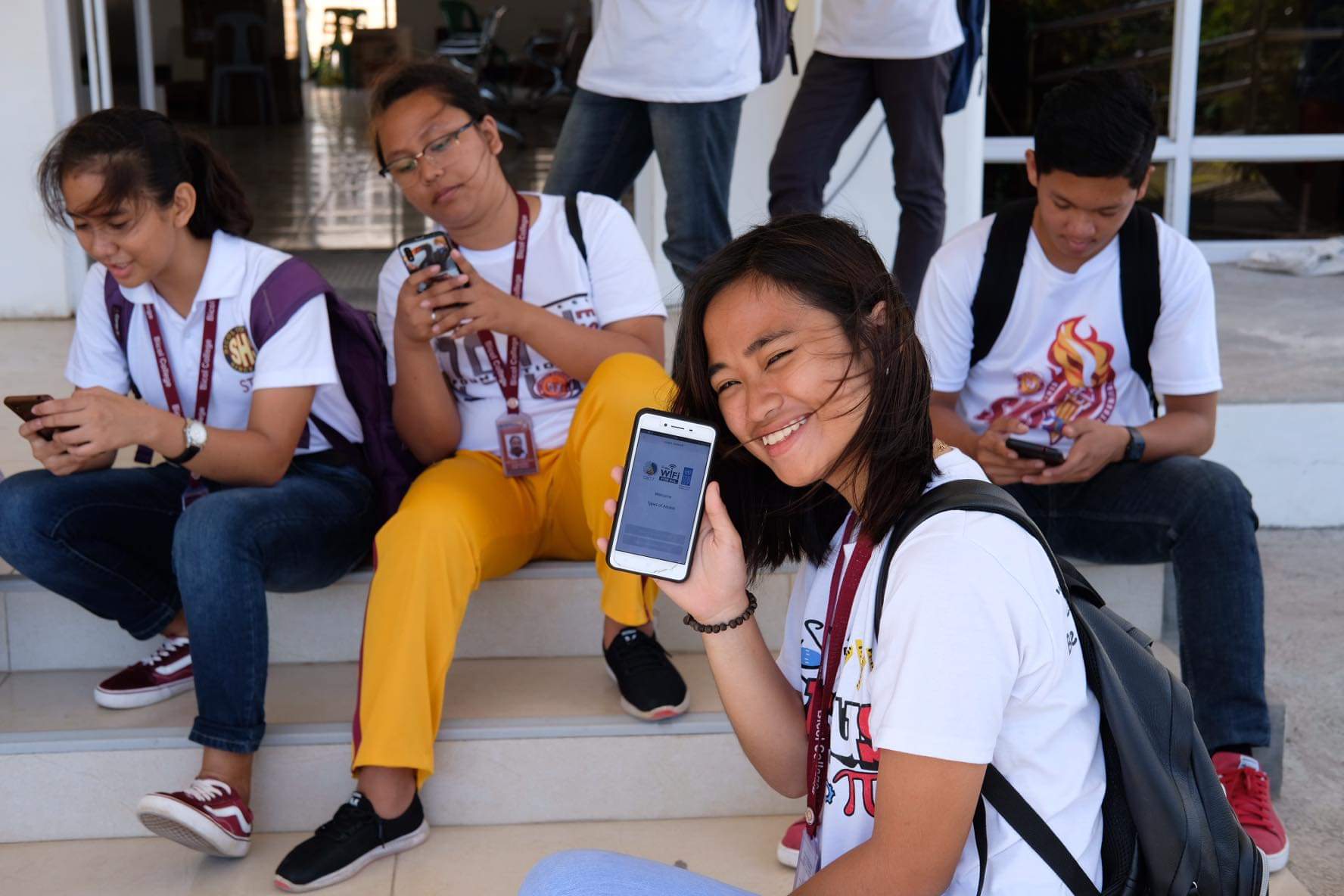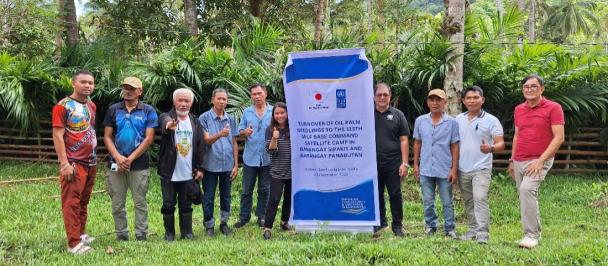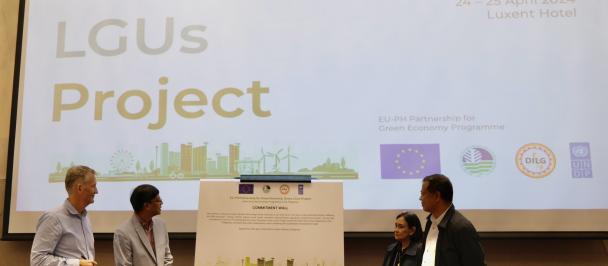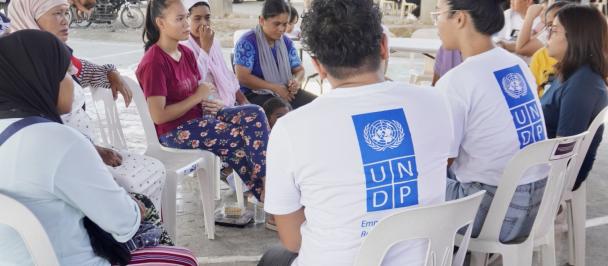Free Wi-Fi: Enabling inclusive and accessible internet for all
June 29, 2023

Students in Albay accessing the free wifi services in their university
Digital transformation holds an immense promise for the country to bring about significant positive changes in driving economic growth, enhancing public service, promoting inclusivity, and empowering individuals and communities. However, to fully leverage its benefits, we need reliable internet connectivity and robust ICT infrastructure.
With challenging procurement process coupled with geographical challenges, how do we ensure that such initiatives reach underserved communities?
The National Information and Communications Technology Household Survey (NICTHS) conducted in 2019 by the Department of Information and Communications Technology (DICT) and Philippine Statistical Research and Training Institute (PSRTI) found that 92% of the 2,528 barangays surveyed had cellular signal, albeit 3G signal remains prevalent in rural communities.
On a more recent report, the Internet Poverty Index, generated by World Data Lab, indicated that the Philippines ranked 6th out of the 42 Asian countries with the most number of internet poor in its population—recording 16.6% or almost 19 million Filipinos still offline at the start of 2023. An even bigger population of 31.30 million Filipinos were found to be non-users of the internet as reported in the Digital 2023 published by DataReportal. The report also reveals that the internet penetration rate in the country stands at just 73%.
Indeed, there is still so much to do to strengthen internet access nationwide.
Internet connectivity is no longer a luxury but a necessity especially for post-pandemic situation of education, entrepreneurship, healthcare, and governance. It enables access to a wealth of information, e-learning platforms, and online job opportunities.
The Philippine Development Plan 2023 – 2028 puts emphasis on digitalization as a key driver of development and social transformation.
With an improved ICT infrastructure, the Philippines can unlock its citizens’ potential, foster innovation, and enhance economic competitiveness on the global stage.
UNDP Philippines’ Connectivity, Capability, and Resiliency through Free Wi-Fi for All (CoRe FW4A) is a collaborative project with DICT that strives to address the challenge of bridging the digital divide.
The CoRe FW4A project targets to support the implementation of DICT’s Free Wi-Fi for All Program in accordance with Republic Act 10929 or the Free Internet Access in Public Spaces Act of 2017. As of date, the project has already installed 1,000 access points across 220 higher education institutions (HEIs) nationwide, comprising one-fourth of DICT’s active free Wi-Fi sites. With increasing demand for online interaction, services were also extended and upgraded. UNDP will continue to deploy more access points by 2024.
A field mission around Zamboanga Peninsula last May 2023 gathered that students access the free Wi-Fi to research about their assignments and contact their families; while the faculty uses it to conduct online classes and attend to their own personal development. The installation of free Wi-Fi in HEIs has produced positive outcomes! Now, students can generate savings from their allowance, and teachers are able to conduct more interactive learning sessions in classes.
With the CoRe FW4A success in HEIs, UNDP is now focusing on empowering hard-to-reach communities by improving internet connectivity in geographically isolated and disadvantaged areas (GIDAs), including indigenous peoples (IP) communities, rural health facilities, and in disaster-vulnerable localities. Appropriate infrastructure will be deployed accordingly to deliver free Wi-Fi services, with close coordination and consultation with DICT.
Together with UNDP’s network and pool of experts and service providers, the CoRe FW4A project is complementing DICT’s efforts in laying down the ICT infrastructure to improve the country’s connectivity. The initiative targets to contribute to at least a million free Wi-Fi users by the end of the project in 2024.
Digital transformation is undeniably an integral part of progress and development, but efforts should be put in place to be inclusive and accessible to all. UNDP is committed in its partnership with the DICT in “Connecting communities, enriching lives, and forging a digital future for the Philippines.”
This National ICT Month, may our achievements in the past year intensify our drive to achieve the promising impacts of digital transformation in the Philippines. [END]

 Locations
Locations

